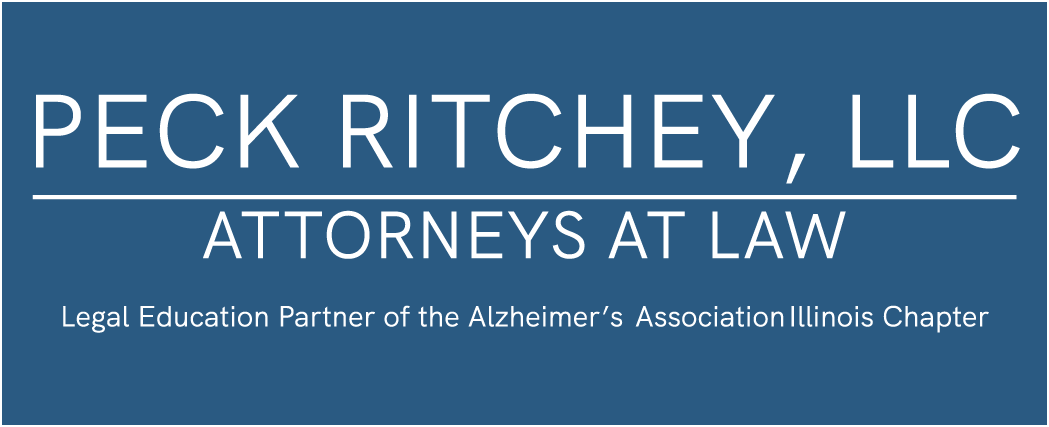Ten Early Signs of Alzheimer’s Disease
Around 5.1 million people in America have been diagnosed with Alzheimer’s, and reports indicate that only one-fourth of sufferers actually receive a diagnosis. With rates of undiagnosed cases of such a devastating illness so high, it is easy to become concerned about its prevalence in our society. While there is no cure for Alzheimer’s disease yet, there are treatments available which can help slow the progression of the sufferer’s symptoms. These treatments work best when implemented as early as possible, so it is important for individuals and their families to be aware of early warning signs.
Identifying Alzheimer’s Disease
Watching a loved one suffer from Alzheimer’s disease is an incredibly painful thing to go through. So, many family members of sufferers wish they had noticed the illness at its onset so that the victim could have received treatment as soon as possible. You may have cause for concern if you notice any of the following symptoms in your loved one:
- Memory loss involving recently learned information that interrupt daily life.
- Difficulty planning or struggling to solve problems.
- Difficulty completing simple tasks at home or work.
- Confusion regarding time and place.
- Difficulty with vision, including perspective and spatial relationships.
- New difficulty with conversation or a frequent inability to come up with words.
- Frequently misplacing items.
- Negative changes in ability to make good decisions.
- Withdrawal from social situations or work.
- Drastic changes in mood or personality.
While this is not an exhaustive list of symptoms, it does encompass some of the most common. If you notice these trends in your loved one, don’t write it off. Contact a doctor right away.
Contact a Chicago Elder Law Attorney
If you have a loved one who has been diagnosed with Alzheimer’s disease, it is in your best interest to contact an attorney right away. The lawyers at Peck Ritchey, LLC, have experience in arranging care for Alzheimer’s patients, and we can help you through this difficult time. Call our office at (312) 201-0900 today for help.
